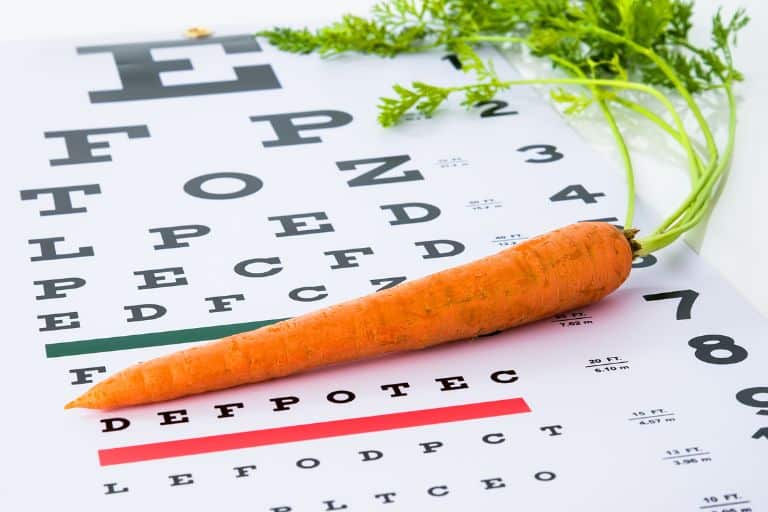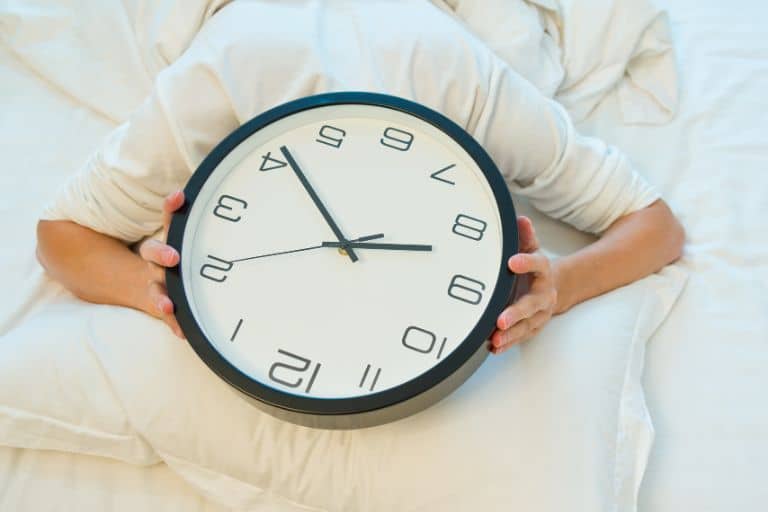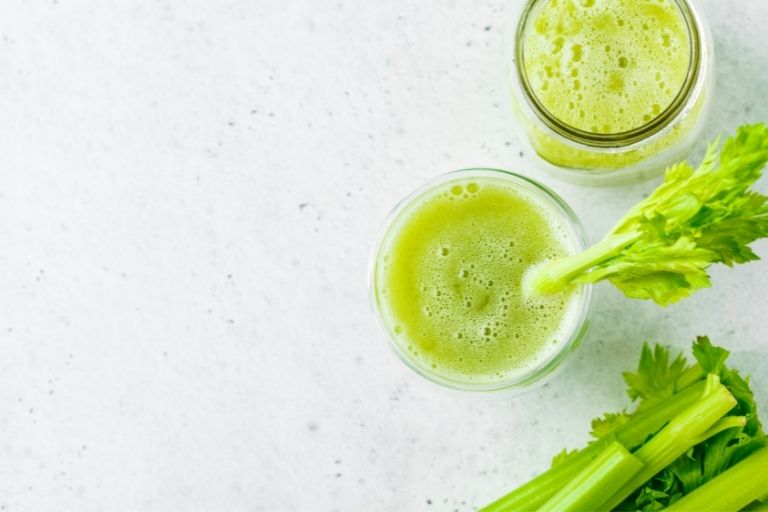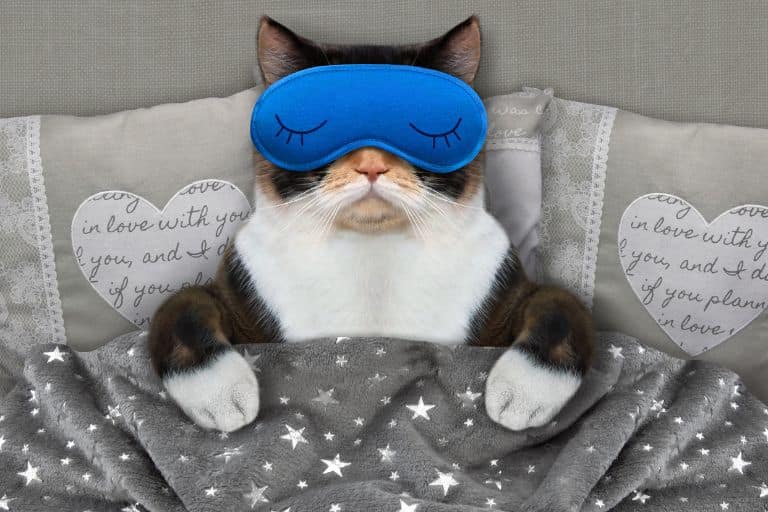Did you know that the brain receives 80% of its information from our eyes? Also unlike our ears and apparently our noses, which continue to grow as we age, our eyeballs stop growing in our early 20’s. Ok, having put an image of not having eyeballs the size of saucers, let’s move on to ways to take care of your eyes.
The eyes to the left. The eyes to the right. The eyes have it. Orrrrder. Order… Parliamentary (ayes) aside, our eyesight, one of the five senses of the body, is precious and something most of us take for granted. Let’s face it, unless you wear glasses or contact lenses, when was the last time you had an eye check-up? Naughty, naughty. Time to look after those beauties.
Let’s do this. Here are 10 ways to take care of your eyes.
1. WATER, WATER, EVERYWHERE
After reading about contaminated eye drops, (put down your food if eating) synopsis deaths, along with eyeball removal, it got me thinking about dry eyes and the whole nine yards of looking after your eyes.
It’s not only your skin that suffers when you’re dehydrated but your organs too, including your eyes. Now dry eyes can be caused by several factors. Nonetheless staying hydrated can make a difference to the health of your eyes and assist with tear production. Those tear ducts get dehydrated too don’t ya know.
2. IT’S CHECK-UP TIME
Back on that eye check-up Q, been a while aka dim and distant past? Now’s the time to book an appointment. Not only for vision but with all the super mcduper testing equipment available, it’s a great way to check the health of your eyes. Any potential issues can be identified, resulting in management or prevention.
Tests generally also include the puffer, officially known as the tonometer, where they test eye pressure. It’s the one where you know it’s coming but you can’t help but blink as a (painless) puff of air shoots into your eyeball. I’m really selling it aren’t I? On the plus side, this can help assess your risk of developing glaucoma.
Another goodie is the OCT (Optical Coherence Tomography) scan which I highly recommend. A 3D scan of your eyes, aside from being fascinating and a tad eek, really delves deep into the structure and any underlying issues. As for how often you should get your eyes checked, every 2 years is optimal. However, if you have an existing eye condition, be guided by your specialist on frequency.
Check with your employer if you’re eligible for eye care vouchers. Some companies offer this as part of a health benefits package. NHS-funded eye tests are also available provided you meet certain criteria. Pricing otherwise is around £25-£35, the latter including the OCT examination.
3. LAPTOP/DESKTOP – LOOK AWAY
Many of us spend hours on our laptops, desktops, or phones, which can cause a real strain on our eyes. Research has shown that for optimum eye health, we should give our eyes a break and look away from our screens. A suggested formula to adopt is 20-20-20.
After 20 minutes, look away for 20 seconds at an object/structure that’s around 20 feet away. This process helps relax your eyes and decrease eye strain. By looking away you also tend to blink more frequently. That’s better than your eyes transfixed zombie-like on your screen. If glare is an issue, investigate an anti-glare screen to care for your eyes.
4. LIGHTING
Ensure lighting is good when you’re reading, working, or doing any eye-driven task. Poor lighting, whether too dark or too bright (cue fluorescent), can cause headaches and induce eye strain. As we know, natural lighting is always best, but I concur not so easy to obtain in those dark dreary winter months.
5. FOOD FOR YOUR EYES
Carrots, aside from the notion that they help you see in the dark (the jury is out on that one), contain beta-carotene, which the body converts into Vitamin A. A nutrient that is very good for eye health. Green leafy vegetables and fruits rich in antioxidants, kiwi, berries, apples, and oranges will also make for happy eyes. If you eat fish then omega-3 fatty acids (halibut, salmon, mackerel and alike) all add up to a healthy diet and goodness for eye health.
6. PROTECT YOUR EYES FROM THE SUN
You rarely see someone not wearing sunglasses but make sure your sunnies offer 100% UV protection. Ultraviolet rays are harmful. The way to check is to look for either a UV400 mark or a CE mark inside the frames. CE, a European standards mark confirms the glasses have conformed to health, safety, and environmental requirements.
Not keen on sunglasses? Then grab a wide-brimmed hat to keep your eyes protected.
7. SLEEPY TIME
Sleep, or lack thereof is also detrimental and is another way to take care of your eyes. Wake up rested after a healthy quota of sleep to avoid dry eyes which you then tend to rub making them susceptible to infection. Not great with sleep? Head on over to Sleep Solutions – 17 Tips.
8. SMOKING
We tend to automatically connect the harmful effects of smoking to respiratory and cardiovascular issues. However, smoking greatly increases your chances of contracting and exacerbating eye diseases, including cataracts and macular degeneration. Smokers are also twice as likely to lose their sight compared to non-smokers. Gulp.
9. EYE EXERCISES
There’s no definitive research on the long-term benefits of eye exercises, although it might be something you could add into the pot. Dr Colman Kraff, advocates specific eye exercises which might help with eyestrain and focusing issues.
I use pinhole glasses said to exercise your eyes and improve vision (although once more the jury is out on that claim). For me, I had my eyes zapped years ago. Now my sight has dropped slightly.
I only wear pinhole glasses indoors while I’m watching the TV. It gives me a clearer picture. I’d rather that than ‘real’ glasses which, I feel, make my eyes lazy and worse. Disclaimer – that’s just my opinion! Back to said pinholes. You’d look a bit strange wearing them outdoors (not great on peripherals), and you definitely wouldn’t wear them when driving or operating any machinery. For me, indoor viewing is fine.
10. SEEK HELP
If you have any concerns at all about your eyes check out NHS Inform. A self-help guide, where you can find out more about eye problems. If you experience any vision issues or eye discomfort, consult an optician or your doctor as soon as possible.
So there you have it, are you good at taking care of your eyes or have you just made that appointment? Do let us know in the comments!





